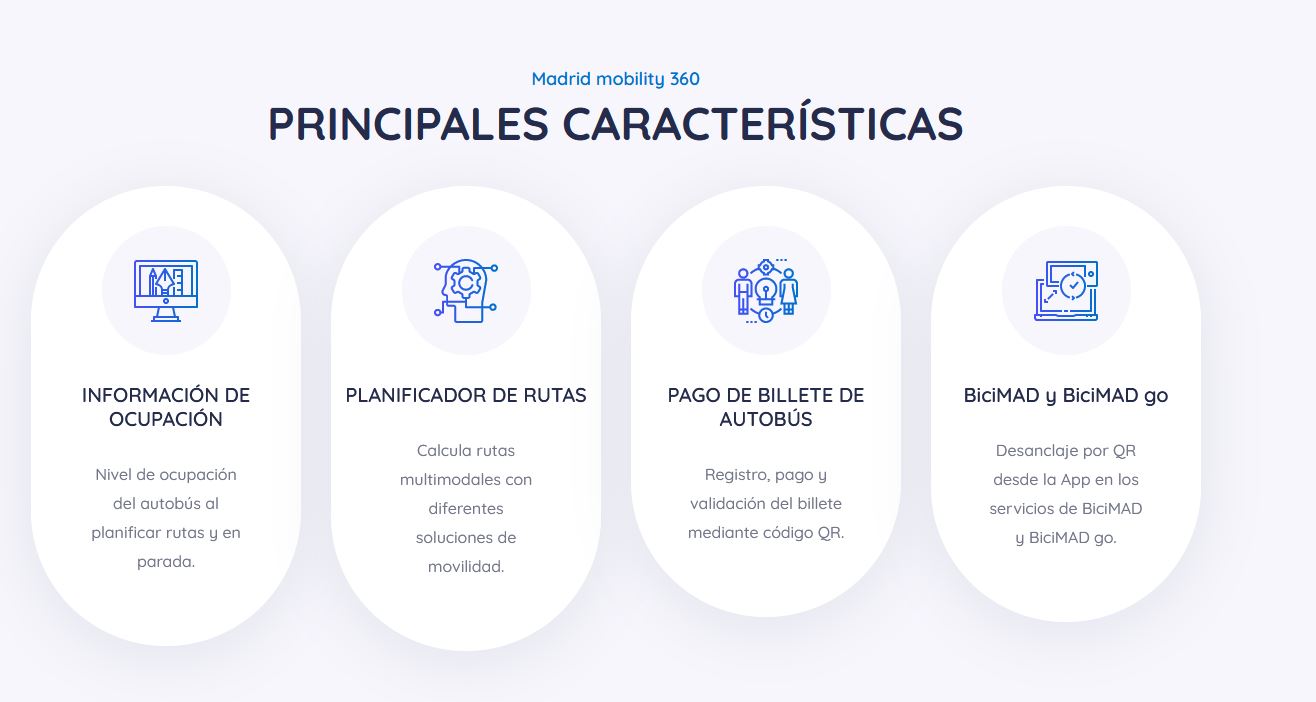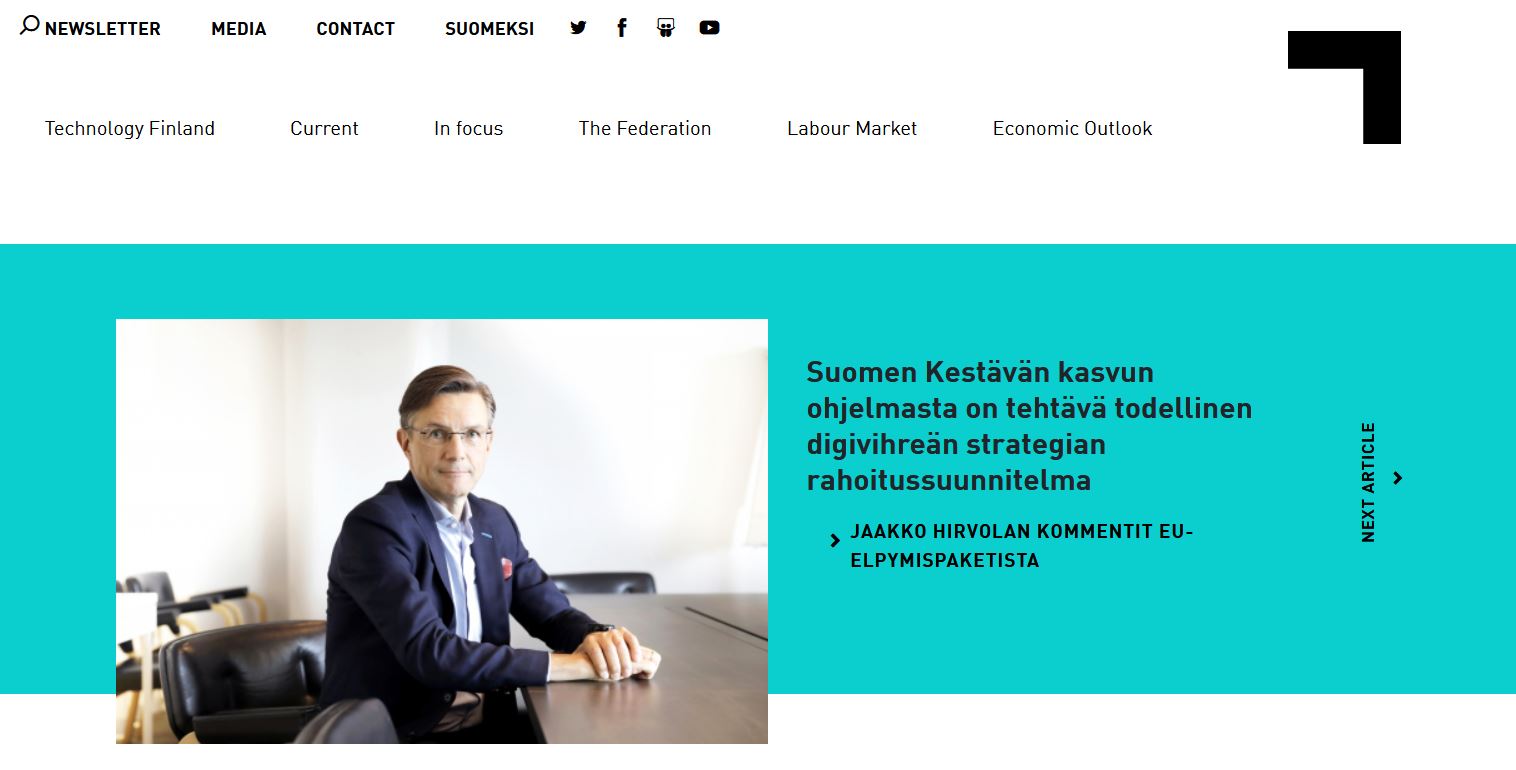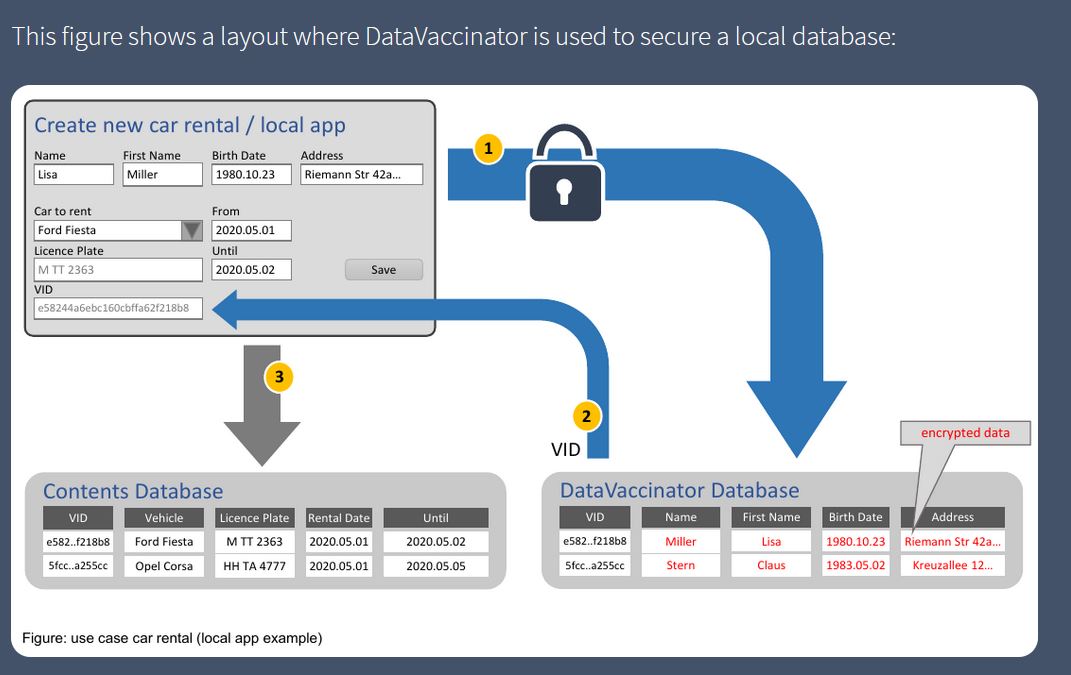
The "Support center for data exchange”(Support Center for Data Sharing or SCDS in English) was born in 2019 as part of the European strategy to promote a common data ecosystem. It is a space to investigate and report on the practices of so-called data sharing, which they themselves define as “transactions of any type of information in digital form, between different types of organizations”.
The SCDS provides practical support to public or private organizations that seek to share their data - regardless of the model chosen for it. Among other things, it disseminates good practices and success stories with the aim of inspiring others in the exchange of data. The examples, which are not limited to the geographical scope of Europe, cover different sectors, from agriculture to health to mobility.
In the report Data Sharing Practice Examples we found some of them. This report focuses primarily on third-party platforms and initiatives that can support governance and compliance in data sharing practices.
Practical examples and data sharing initiatives
One of the main challenges faced by organizations that begin to develop data exchange actions is the lack of trust that the sharing of their information can generate in the industry and the public. The use of third-party standards and technological solutions help to alleviate this challenge, also increasing efficiency by not having to dedicate time and resources to self-development.
The report divides the examples it shows into 3 categories, based on their main function:
- Data space catalysts: its objective is to create spaces for the sharing of data, addressing a specific sector or territory.
- Political / legal facilitatorsThey focus on the legal challenges of data exchange, either from a support position or offering their insight from experience.
- Technological facilitators: they are dedicated to developing technology - or advising on it - for the exchange of data in a general way, without focusing on a specific sector.
The report includes examples related to each of these categories as we will see below.
Data space catalysts: MaaS Madrid
We start with an example related to our country and the mobility sector. In Madrid there are about 70 mobility operators that offer bus, train, tram, car, bicycle and motorcycle services. Of them, 41 are public.
MaaS Madrid is a data aggregator that allows users to access real-time information from the aforementioned operators on a single integrated platform. It incorporates the information available on public transport and the adhered shared mobility services, redirecting to the applications of each of them to complete the reservation.
This is a great advantage for users, who will have all the centralized information to choose the route and the service that best meets their needs, while promoting the use of public or shared transport (with the consequent benefit for the environment).
This model also has advantages for operators, which increase their visibility and become better known among their public. In addition, it allows the collection of anonymous aggregated data in real time, very useful for decision-making and planning of mobility policies by public entities.

Political / Legal Facilitators: Technology Industries Finland
Technology Industries of Finland (TIF)is the organization in defense of electronics, electrotechnical, mechanical and metallurgical companies, engineering consulting and information technology in the Nordic country, with more than 1,600 members. After analyzing the use of data in these fields and observing the lack of established practices regarding data use rights, TIF has developed a model of conditions for the exchange of information, which they are promoting within and outside the country.
This model includes a series of standard clauses compatible with the legislation on competition and protection of personal data of the European Union. TIF recommends including these clauses as appendices to the pre-existing agreements between the parties involved in the data exchange.
Model terms are available in the webstore of Teknova.

Technology Enablers: DataVaccinators
DataVaccinators focuses on the exchange of personal data in a secure way. It offers an open source software solution for the storage and protection of personal data through the use of pseudonymisation techniques applied at the time of data generation, which are separated into different databases and encrypted.
Developers can integrate other components into the database. The source code can be viewed and downloaded at GitHub (AGPL licensed), like the implementation in JavaScipt (licensed by MIT).
This solution is aimed at any type of organization, although it is especially useful for hospitals, universities, banks, insurers or manufacturers, who can take advantage of anonymized customer data to extract trends and make decisions.

Access more examples
These are just 3 examples, but the report includes many more. In addition, on the SCDS website you can find more success stories. As indicated by the SCDS itself, no model has yet emerged that has imposed itself on others, so it is important to document and be aware of the initiatives that are emerging in this area, in order to choose the one that best suits our needs. needs, although this situation has the risk of creating silos, based on the solution chosen by each operator.
The exchange of data between private organizations and with public bodies in all its forms can generate multiple benefits, mainly by providing more information to make better decisions that affect both the economic and social spheres. But to take advantage of all its advantages, it is necessary to carry out this exchange in a safe, legal and respectful way with the privacy rights of citizens.
Content prepared by the datos.gob.es team.